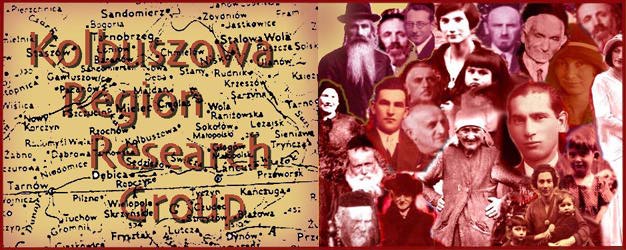


The Chometz Conspiracy
Who would believe this?
Who could entertain the possibility of such an occurrence happening to
any devout Jew let alone one who was widely recognized to be a Tzadik (saint)
and a Talmud Chochom (scholar). How did it happen that Sinai Steiner,
the Av Beis Din of Ulanów, an ardent Chossid and close associate of the
venerable SanzerRebbe and author of Sefer Har Sinai, an impressive
collection of original commentaries, did not sell his chometz (bread) for
Pesach?
The barrage of endless
preparations required for Pesach has relegated the selling of one's chometz
to assume the appearance of being a technicality that is accomplished with
relative ease. To Sinai Steiner, living in a nineteenth century Polish
shtetl, selling his chometz turned into an ordeal that challenged the very
depths of his being.
The relationship between
a Jew and his countrymen during the bleak protracted Polish golus (exile)
was a tenuous one that would erupt with monotonous frequency into a crisis.
Sinai Steiner, like many of his contemporaries was a whisky dealer, a common
Jewish trade that was carefully regulated and licensed by the Polish authorities.
It is not known whether the conspiracy was born out of malice, mockery
or mere mischievous intent-- but one Pesach,Sinai could not find
anyone who would consent to buy his chometz. Pesach was rapidly approaching
and the prospect of being in possession of his chometz filled him with
insurmountable dread. There was only one thing that he could do!
Sinai left the doors
to his whisky establishment wide open, proclaimed the entire contents public
domain and quickly left town. He would bask in the resplendent sanctity
of Pesach with a serenity that regarded his financial ruin with impervious
disdain.
Sinai returned to
his town after Pesach expecting to find his property in a shambles and
his inventory completely depleted. He was amazed to find everything
in perfect order.
When the Commissar
heard that Steiner had fled the town he assumed it was because he owed
the townspeople money. When he unearthed the conspiracy that made
Sinai a fugitive in his own home, the Commissar took charge and protected
his property for the entire Pesach.
From which impregnable
crucible of strength did this precious Jew summon the ability to face complete
financial disaster and the derisive judgment of those around him in order
to fulfill a technicality of his precious Laws?
Then again this was
the same man who had once faced imprisonment and a death sentence with
equanimity and bitochon (trust, faith). When he was finally
declared innocent and released from prison, the entire town came to greet
him. The Sanzer Rebbe headed the jubilant delegation and asked Steiner
how he was able to endure the threat of a death penalty. This precious
Jew explained that he was too concerned thinking about a particularly difficult
Rambam (Biblical scholar) to think about the impending death penalty.
The same imponderable
spirit that animated Sinai Steiner's life was evident decades later when
his grandson and namesake, Sinai Gruner, jumped into a raging fire in order
to rescue the life of a retarded boy. The same impregnable crucible
of strength enable his great-great-grandson, another Sinai Gruner, to perish
in the Holocaust Al Kiddush Hashem (Holy Martyr), with a soul unblemished
by the horrors around him.
So dear readers, if
the task of preparing for the Pesach is too challenging, if you feel as
though every crumb that must be unearthed from the crevices and shadows
of your possessions is a chometz conspiracy that taxes your strength
and possibly your sanity, let your burden become a joy. Let us appreciate
the luxury of being able to sell our chometz with relative ease.
I am indebted to Aaron
Yosef Rosen, a descendant of Sinai Steiner for preserving the story of
the Chometz Conspiracy in order that it will inspire the lives of those
who today still draw their courage from the same immutable crucible of
eternal strength.
Dvorah Stone
This story was published in the London and New York Jewish Tribune,
April 1996. It has been reprinted
here with the kind permission of Dvorah Stone, the author.
© Copyright 2017 Kolbuszowa Region Research Group. All rights reserved.
Compiled by Neil Emmer.